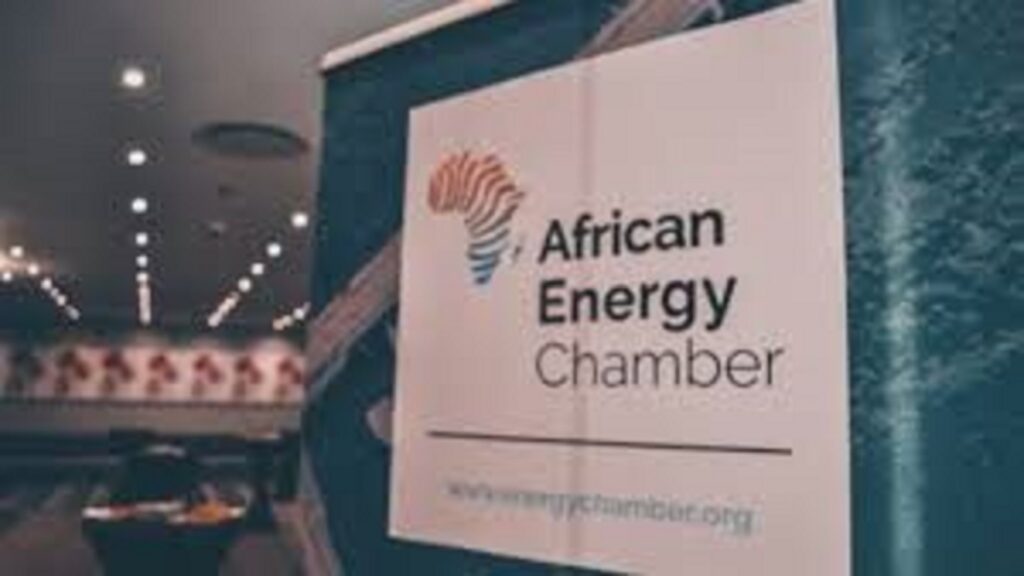The African Energy Chamber (AEC) has raised a strong objection to what it describes as unfair and discriminatory fossil fuel financing policies targeting African nations. Speaking at the 9th OPEC International Seminar held in Vienna on July 10, 2025, the Chamber criticized multilateral institutions such as the World Bank and European development banks for halting support for upstream oil and gas projects in Africa, while continuing to back similar initiatives in developed nations.
The AEC’s Executive Chairman, NJ Ayuk, declared that denying Africa access to fossil fuel financing is denying millions of Africans the right to electricity, clean cooking, food security, and economic progress. He emphasized that Africa must be allowed to explore and develop its abundant natural resources to combat energy poverty and accelerate industrialization.
With over 125 billion barrels of oil and 620 trillion cubic feet of natural gas, Africa holds vast untapped energy potential. Yet more than 600 million people across the continent remain without access to electricity, and nearly 900 million lack clean cooking solutions. The AEC stressed that for many African countries, natural gas is not just a transitional fuel it is essential for economic survival.
The Chamber is calling on OPEC to take concrete action by lobbying against fossil fuel financing bans and creating a dedicated investment mechanism supported by the sovereign wealth funds of OPEC member state to fund African oil and gas projects. This, the AEC believes, would promote a fair and balanced energy transition that supports Africa’s right to grow and develop at its own pace.
In parallel, African nations are pushing for the creation of a $5 billion regional energy bank, which would offer financial support for petroleum development across the continent. The proposed bank is expected to be headquartered in Abuja, Nigeria, and will play a key role in helping Africa achieve energy independence.
The AEC’s stance is a growing reflection of the continent’s frustration with being sidelined in global energy decisions. It insists that Africa must not be forced to choose between poverty and sustainability, and that the continent’s development must be driven by solutions that reflect its unique realities.



